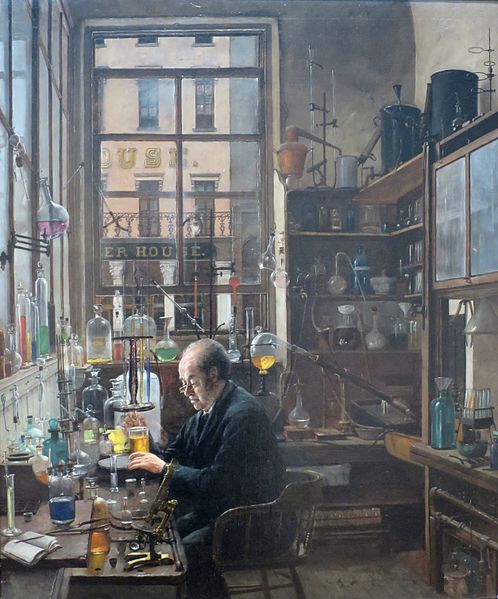
A student may ask us:
How can I tell if a book or article about science is true?
Our reply may be:
That is a good question. Asking it is the first step to being a good scientist.
One of the first approaches we learn to science is not to believe things just because we see them in magazines or books, and especially not if we see them on Facebook. Science teaches us ways to prove claims, whether they are research results we have arrived at, or they are conclusions by other scientists. The familiar term bad science is usually applied to some publication or video that argues a certain point of view that has already been decided on before the research began. The authors then just choose results that appear to confirm the conclusions that they want to arrive at. In fact they have not proven anything at all, because they have not kept an open mind. The point of science is that even if we do not like the results we get or did not expect them, or the results make our work more difficult, we do not reject them for something simple, just for our own convenience or because it is what others may want to hear.
The student may wonder:
What if a claim made by the researcher does not seem realistic?
We may say:
If the claim cannot be believed, then it may be wrong. Look for the evidence that backs up any such claim.
Where the research originates may be signficant. Look to see if a private corporation or group sponsored the research. The source of the money for the research may possibly affect results, in some cases. The student may ask:
What about an English language article about science that uses lots of strange words I have never heard about in class, and when I Google the words, I get no results?
We may reply:
A lot of time in advertisements, new words are invented in English to sound trendy and appeal to customers. These complicated terms sound scientific but really have no meaning. If there is no serious scientific study using such terms, then we should be careful about taking them seriously if they are used in articles or online.
The student may ask:
Should I believe an article or advertisement about a product that claims to be scientifically proven?
Our reply may be:
The main purpose of scientific research is to gather evidence and offer a theory. Readers may accept our theory or not, based on how serious and convincing the evidence is.
If some other researcher later finds different evidence or results, then people’s opinions may change about certain points. Science is not about permanent belief in things. We understand how things work in the universe because of the results of researchers, not because someone proved something.
If the student asks:
Shouldn’t we believe what great scientists claim?
Our reply may be:
The reason they are great scientists is that they showed readers how to do the same experiments and gets similar results that confirm theories. They did not make unusual claims and hoped that people would believe them.
(All images courtesy of Wikimedia Commons)

